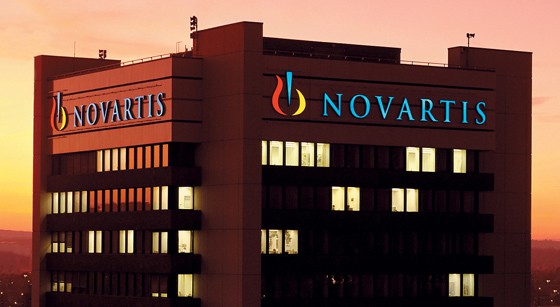
The FDA has approved Novartis’ cancer immunotherapy tisagenleucel (CTL019) under the Kymriah brand name, setting a $475,000 price per course for the chimeric antigen receptor T cell (CAR-T) therapy.
Kymriah is the first in a new generation of treatments that rely on reprogramming patients’ own white blood cells to attack malignant cells, and has also been billed by the regulator as the first gene therapy to be approved in the US. Its approval comes after an FDA advisory committee backed the drug by a unanimous vote last month.
FDA commissioner Scott Gottlieb said the approval ushers in “a new frontier in medical innovation”, adding: “New technologies such as gene and cell therapies hold out the potential to transform medicine and create an inflection point in our ability to treat and even cure many intractable illnesses.”
The agency has approved Kymriah for paediatric and young adult patients up to 25 years of age with B-cell precursor acute lymphoblastic leukaemia (ALL) that is refractory to treatment or in second or later relapse. Most ALL patients respond to initial therapy, but Kymriah will be an invaluable back-up option for relapsed and refractory patients who currently have poor prognosis. In trials, the therapy achieved remission in 83% of patients.
It is not without risks, however, as CAR-T therapies can cause serious side effects such as cytokine release syndrome which can be life-threatening. Novartis has agreed a risk evaluation and mitigation strategy (REMS) with the FDA that amongst other things will see the therapy delivered only at certified treatment centres. Meanwhile, this week Roche secured FDA approval to use its arthritis drug Actemra (tocilizumab) as a treatment for CAR-T-induced CRS.
The high cost of the therapy reflects the fact that the CAR-T procedure is fairly intensive. Cells are removed from the patient, modified to target cancer cells and expanded outside the body, and then re-infused into the patient. A report in the Financial Times suggests the cost of goods for Kymriah comes in at around $200,000 per patient.
Novartis has suggested it will however develop a flexible pricing strategy for the therapy that will be based on the outcome of therapy, and with payment only becoming due when ALL patients have responded to Kymriah “by the end of the first month”. Some commentators have suggested this does not go far enough however, arguing that the company should seek payment only after a longer relapse-free period.
While there has been some exploratory work on re-treating with CAR-T therapies, they are currently considered a one-time therapy. Recent research has suggested that the modified T cells have the potential to re-activate if a cancer re-emerges.
Novartis said it plans to file for approval of Kymriah in the EU later this year, and is also preparing for follow-up indications such as diffuse large B-cell lymphoma (DLBCL).
Another CAR-T candidate – Kite Pharma’s KTE-C19 (axicabtagene ciloleucel) for DLBCL – is under review and due for an FDA decision in November. The potential of the drug and CAR-T follow-ups prompted Gilead Sciences to agree a $11.9bn takeover deal for Kite earlier this week.




